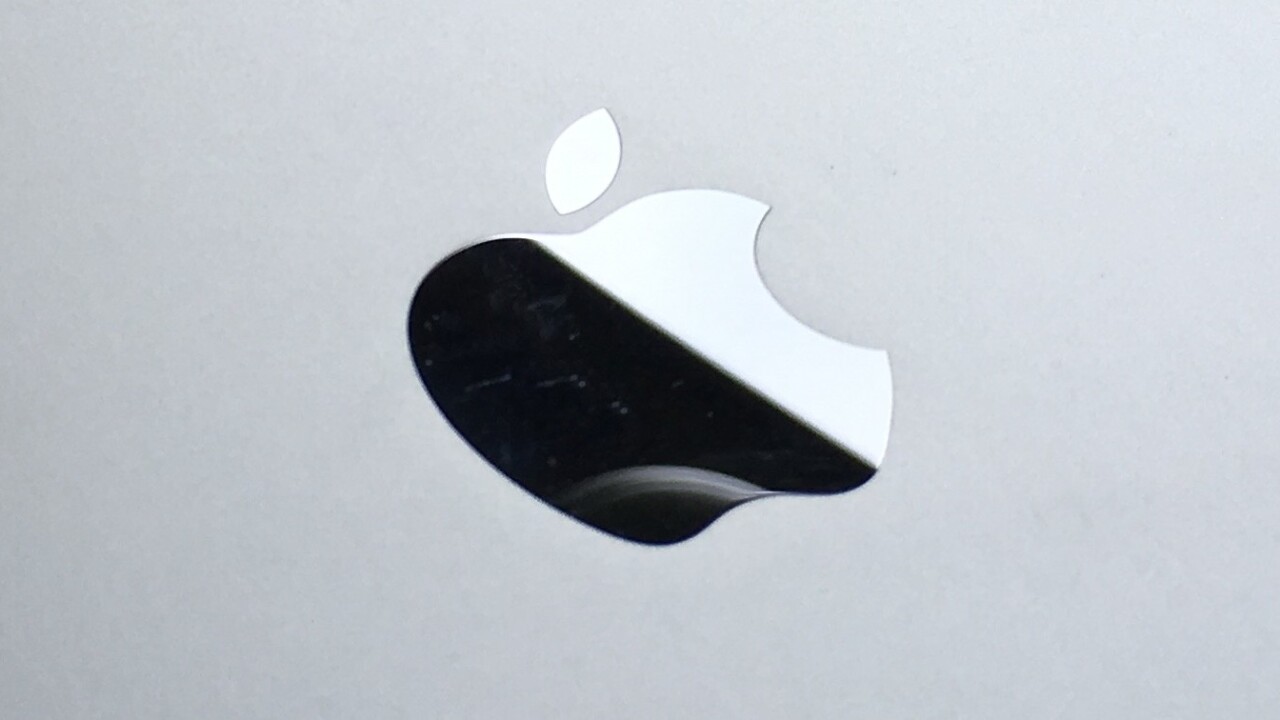
This past week, Apple and Spotify got into a slap-fight via the ‘media.’ Spotify claiming Apple was being unfair (and assuming the disagreement was a measure to bolster Apple Music) while Apple simply stuck to its rules.
Here’s the thing: like it or not, Apple is right.

The rules
The axis on which the argument spins is rule 3.1 of the App Store Review Guidelines. Named ‘Payments,’ it details exactly how in-app purchases must work when apps are distributed via the App Store (emphasis ours):
3.1.1 In-App Purchase: If you want to unlock features or functionality within your app, (by way of example: subscriptions, in-game currencies, game levels, access to premium content, or unlocking a full version), you must use in-app purchase. Apps may not include buttons, external links, or other calls to action that direct customers to purchasing mechanisms other than IAP. Any credits or in-game currencies purchased via IAP must be consumed within the app and may not expire, and you should make sure you have a restore mechanism for any restorable in-app purchases. Please remember to assign the correct purchasability type or your app will be rejected. Apps should not directly or indirectly enable gifting of IAP content, features, or consumable items to others. Apps distributed via the Mac App Store may host plug-ins or extensions that are enabled with mechanisms other than the App Store.
3.1.2 Subscriptions: Auto-renewing subscriptions should only be offered using in-app purchase and may only be used for periodicals (e.g. newspapers, magazines), business apps (e.g. enterprise, productivity, professional creative, cloud storage), media apps (e.g. video, audio, voice, photo sharing), and other approved services (e.g. dating, dieting, weather). These subscriptions must last a minimum of 7 days and be accessible from all of the user’s devices where the app is available. You may offer subscriptions that are shared across your own apps, but these subscriptions may not extend to third party apps or services.
It’s worth noting these rules will change ever-so-slightly this Fall when new subscription model rules kick in.
The rules go on to state that a developer cannot offer codes that sidestep Apple’s in-app purchase mechanism. Spotify — like it or not — is completely wrong.

Spotty claims
Spotify’s eyebrow-raising claims are, at their core, just that. It has described an Apple that is ‘weaponizing’ the App Store review process to suit its needs.
And that’s almost correct. But clearer examples would be F.Lux or Vidyo, both of which were approved by Apple then surreptitiously removed from circulation.
In the case of F.Lux, Apple’s own Night Shift is believed to be the reason the app was pulled. Apple never outright said ‘yes, okay, we don’t want competition for Night Shift, sorry,’ but what else could it be?
That’s uniquely important now that Apple seems to be branding Night Shift for use everywhere.
Vidyo is a screen recording app that uses AirPlay to record your display and audio. Shortly after launch, it was removed from the App Store, but is back now. I purchased it on launch, and it’s a nice replacement for the tried-and-true QuickTime method for screen recording — but reviews suggest it’s no longer the app I downloaded.
Case in point: Vidyo was first released in January of this year, but it’s version history shows only a 1.0 release on June 22. Publications like Mac Stories wrote about it when it launched (which prompted me to buy the app the same day) on January 6.
MacRumors updated their article on Vidyo January 7 to note the app was no longer available for download. It was, at least for a few months, gone from the App Store — and now has reviews claiming it’s an app that can’t record your device’s screen (mine still works fine, by the way).

Weapons of app destruction
Spotify, unlike F.Lux or Vidyo, hasn’t been pulled from the App Store. It was not destroyed, though Apple is well within its rights to do so.
In retort to Spotify, Apple’s general counsel Bruce Sewell wrote the following:
“Our guidelines apply equally to all app developers, whether they are game developers, e-book sellers, video-streaming services or digital music distributors; and regardless of whether or not they compete against Apple. We did not alter our behavior or our rules when we introduced our own music streaming service or when Spotify became a competitor.
Ironically, it is now Spotify that wants things to be different by asking for preferential treatment from Apple.”
Let’s parse that; not only do Apple’s ‘guidelines’ not apply evenly to everyone, it’s actually allowing Spotify preferential treatment. Here’s a good example:
@jonathanmprince @Apple Actually, that’s a lie. Tap it enough times and it shows this instead: pic.twitter.com/QqOF6vKorH
— cmdshft (@cmdshft) July 1, 2016
This literally and directly violates Apple’s rules for in-app purchases, and has for some time.
Spotify also isn’t laying out clear and concise examples of how Apple is wronging it. It has failed to support just how Apple is applying different rules to Spotify that negatively affect it, though their claims suggest as much.
Spotify hasn’t been pulled from the App Store, and you can still access premium features online rather than on your phone (decidedly inconvenient, sure) to get Spotify’s preferred $9.99 price point. The only detailed claim Spotify makes is that Apple is refusing updates because of this in-app purchase hurdle, but that’s also misleading.
Spotify began asking listeners to use the Web rather than iOS in July of last year. Since then, the app has been updated 23 times, going from version 3.5 to 5.7. It hasn’t been updated since May, breaking its preferred cycle of twice-monthly updates.
It seems that after a few months of goodwill, Apple stopped letting Spotify play by different rules that benefitted it.

Spotify chose this
An unfortunate byproduct of having an iOS app is that you’ve got no good recourse against Apple’s rules. The same can be said for Google and the Play Store. Both are altering how much they get from subscription apps like Spotify, but the meat of Spotify’s argument is that Apple takes a cut and won’t let it bypass long-standing rules.
It seems to be forgetting how commerce works, digital or otherwise. It’s Apple’s store, and the only place to get iOS apps.
And in choosing to have an iOS app, Spotify chose to play by Apple’s rules. It’s also benefiting from them. When I wrote about this dispute popping up, I noted that playing by Apple’s rules was definitely better than pulling the app — Spotify’s only other choice.
Spotify hasn’t pulled its app; it’s simply screaming into the wind about how unfair it thinks Apple is, even though there are vivid examples of Apple actually being a bad actor elsewhere. To my mind, Spotify is getting a sweetheart deal.
Apple hasn’t removed Spotify from the App Store, but I bet they would for a less notable app. This is a case of two juggernauts clashing; Apple was likely trying to avoid dragging this into the media, but Spotify seemed to think shining a light on this issue would curry favor.
Instead, this kerfuffle just shows how out of touch it is.
Get the TNW newsletter
Get the most important tech news in your inbox each week.





